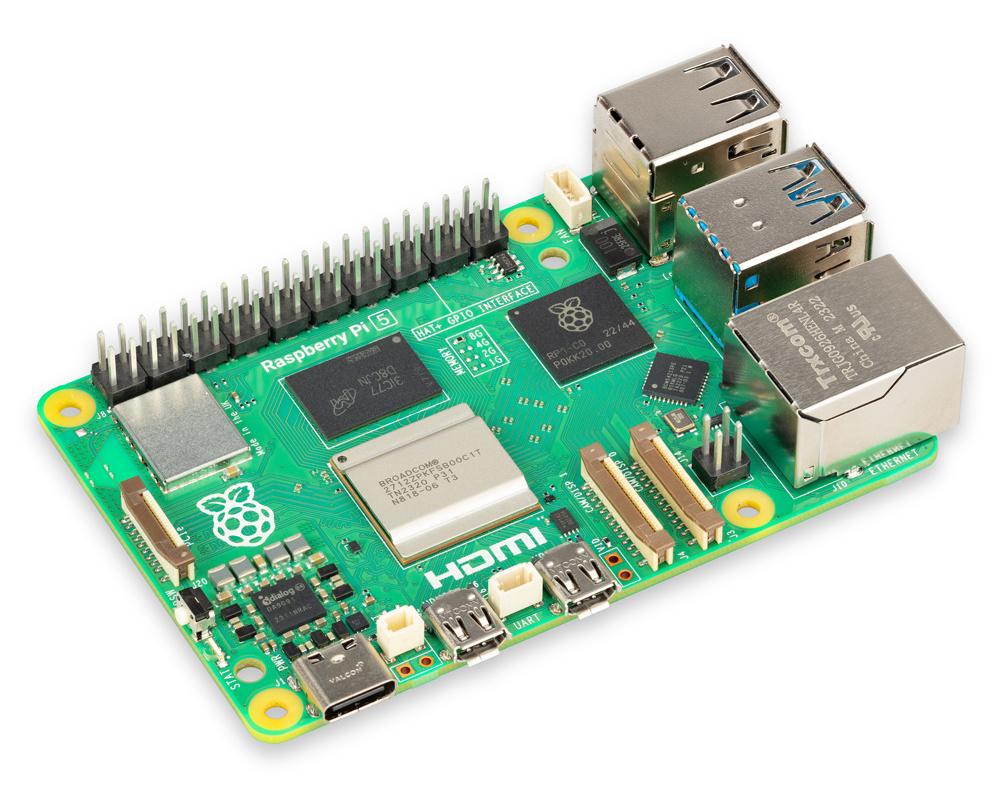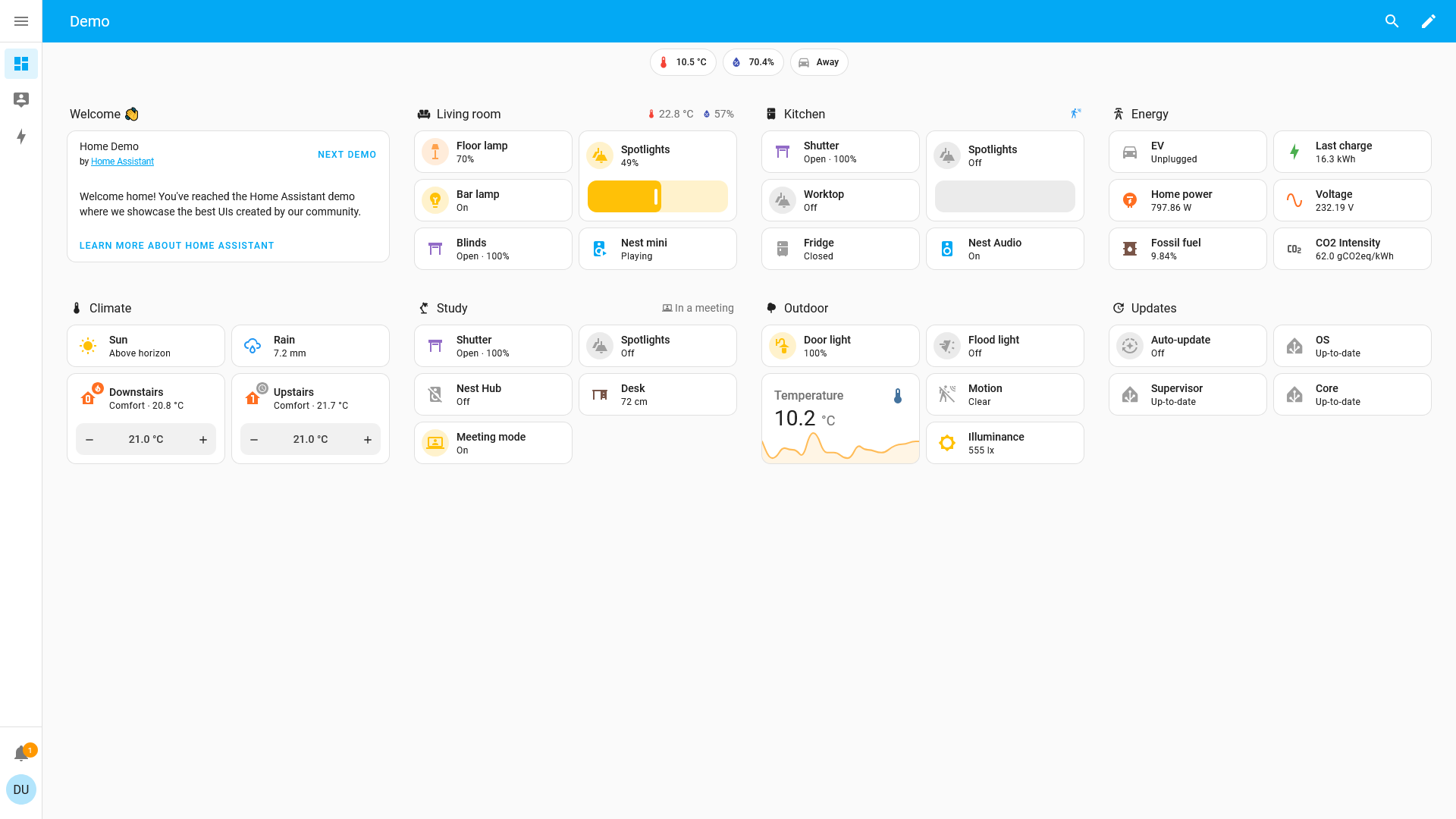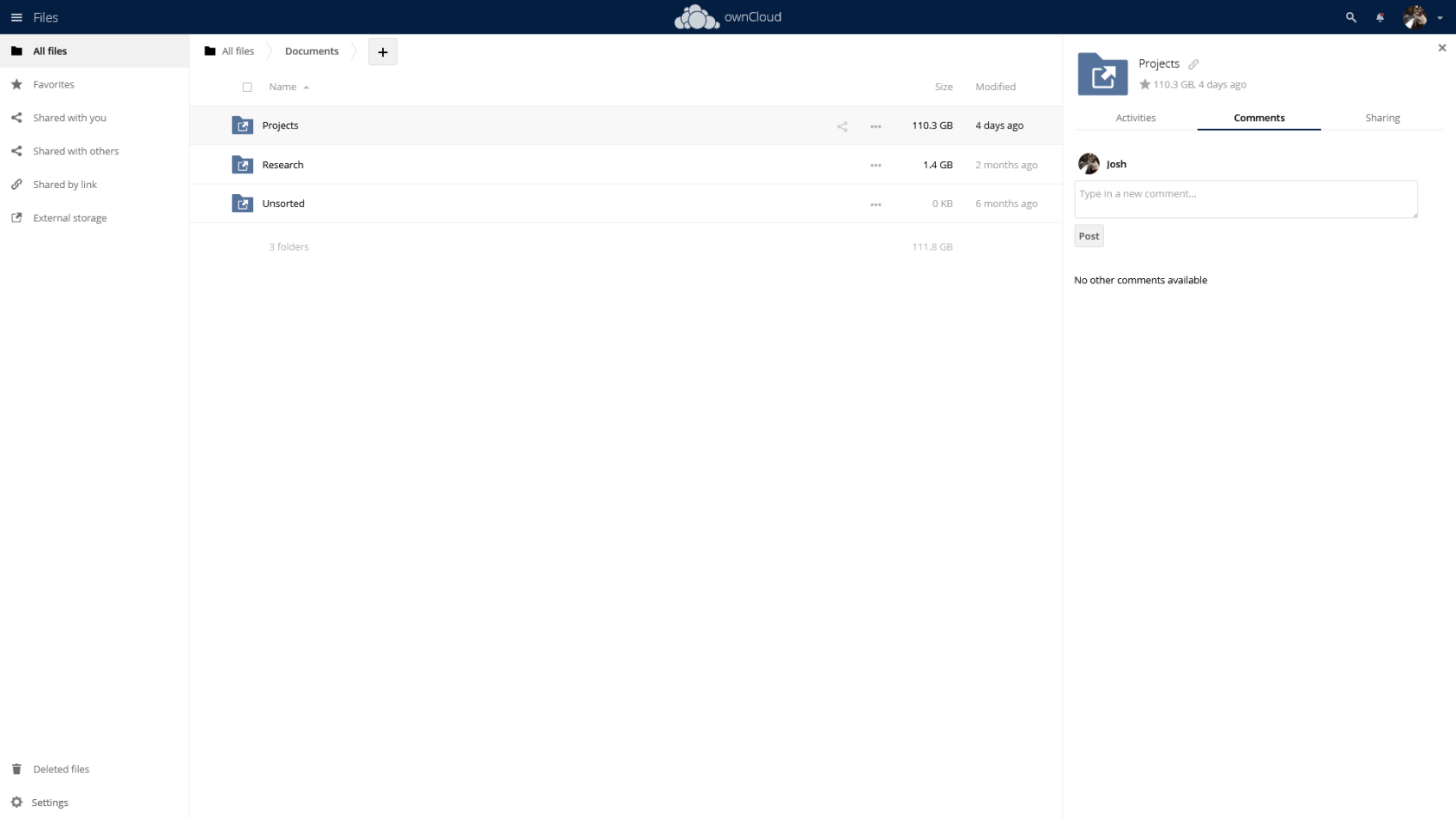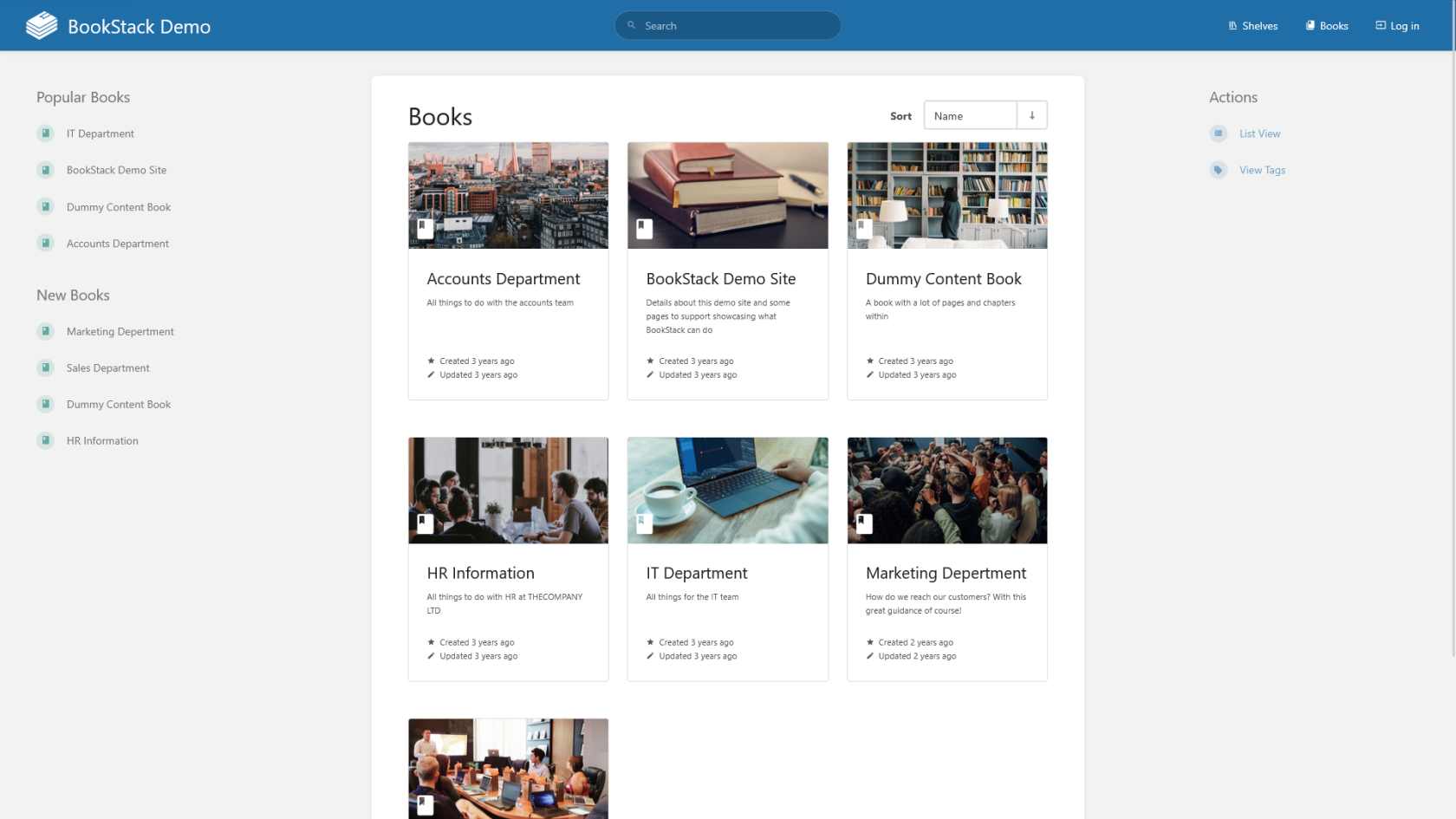# Single-Board Computers
The [Raspberry Pi](https://raspberrypi.com) – who popularized this style of computer – currently sell three versions of their board: [3B+](https://www.raspberrypi.com/products/raspberry-pi-3-model-b-plus/), [4](https://www.raspberrypi.com/products/raspberry-pi-4-model-b/), and[ 5](https://www.raspberrypi.com/products/raspberry-pi-5/). Other options include: similar vendors such as [Banana Pi](https://www.banana-pi.org/web/), [Orange Pi](http://www.orangepi.org/) and [Pine Board](https://pineboards.io/); the completely open hardware [Libre Board](https://libre.computer/); the Asus [TinkerBoard](https://www.asus.com/us/networking-iot-servers/aiot-industrial-solutions/all-series/tinker-board/) and the Texas Instruments [Beagle Board](https://www.beagleboard.org/).
Single-board computers work well for small servers, but can struggle under heavy usage. While cost-effective, they are also examples er, but these computers can run for months without needing to be restarted.
[](https://hub.subspace.services/uploads/images/gallery/2025-02/1000006095.jpg)
Great for hosting a small server where you run services only for yourself.
Home Server
[](https://hub.subspace.services/uploads/images/gallery/2025-03/screen-shot-2025-03-07-at-18-19-42.png)
Use a [Raspberry Pi 4](https://www.raspberrypi.com/products/raspberry-pi-4-model-b/) for [Home Assistant](https://hub.subspace.services/books/home-assistant "Home Assistant") to manage your smart devices and [Grocy](https://hub.subspace.services/books/grocy "Grocy") to keep track of your kitchen inventory.
Personal Cloud
[](https://hub.subspace.services/uploads/images/gallery/2025-03/screen-shot-2025-03-07-at-13-34-49.png)
The [Raspberry Pi 5](https://www.raspberrypi.com/products/raspberry-pi-5/) and a USB 3.0 Hard Drive can be a personal [OwnCloud](https://hub.subspace.services/books/owncloud "OwnCloud") server for your calendar, contacts and files. Add [Collabora](https://hub.subspace.services/books/collabora "Collabora") to edit documents, slideshows and spreadsheets directly in your browser.
Personal Wiki
[](https://hub.subspace.services/uploads/images/gallery/2025-03/screen-shot-2025-03-09-at-20-32-07.png)
Use the [Libre Computer Solitude](https://libre.computer/products/aml-s905d3-cc/) for hosting your own [BookStack](https://hub.subspace.services/books/collabora "BookStack") to keep track of your personal knowledge.
**Your experiences may vary.**
Always make sure to test for stability when installing new services.
This class of commodity computers use ARM processors that are part of a system-on-a-chip. They are extremely power efficient with performance specifics being dependent on the model you purchase. Generally, they are powered using a USB connector and a high-quality cable.
By default, many come with an Ethernet port, Wi-Fi, Bluetooth, USB, HDMI and 3.5mm audio output. These board also come with a GPIO port which offers programmable pins for HAT add-ons and project development.
| Developer\_board
| **Processor**
- 1.5GHz
- Quad-Core
- ARM system-on-a-chip
|
| Memory
| **Memory**
- 8GB or higher
- DDR4
|
| View\_in\_ar
| **Graphics**
- Integrated Graphics
- Shared Memory
|
| Hard\_drive
| **Storage**
- 32GB Class 10 SDXC
|
| Lan
| **Connectivity**
- 1GBit Ethernet
- BlueTooth
- USB 3.0
- GPIO
|
| Language
| **Online**
- [AdaFruit](https://www.adafruit.com/)
- [LoveRpi](https://www.loverpi.com/collections/)
- [CanaKit](https://www.canakit.com/)
- [SparkFun](https://www.sparkfun.com/)
- [AmeriDroid](https://ameridroid.com/)
- [MicroCenter](https://www.microcenter.com/)
- [Official Raspberry Pi distributors](https://www.raspberrypi.com/resellers/)
|